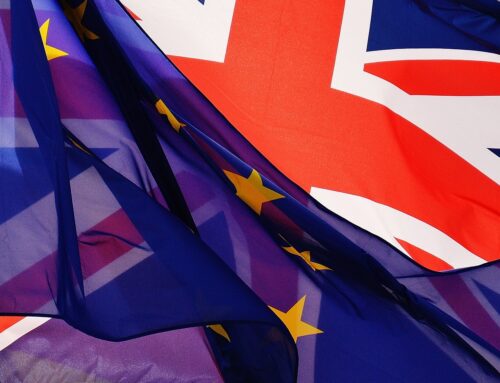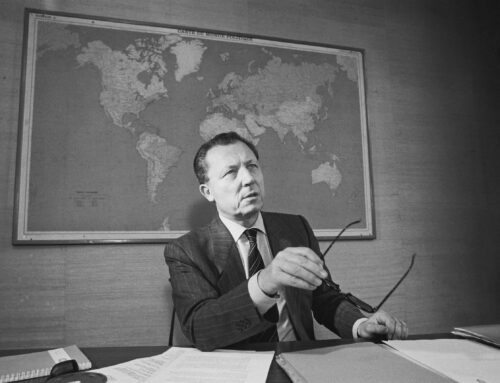By Bent Noerby Bonde and Roger Casale
Bent Noerby Bonde is Secretary General of Europe’s People’s Forum.
Roger Casale is president of Europe’s People’s Forum and the founder of New Europeans.
This article was first published by The Parliament Magazine.
Europeans want to talk about the future. That was the very clear outcome of the latest Eurobarometer survey.
More than 90 percent of those surveyed said the EU should listen more closely to citizens when it comes to deciding what happens next in Europe.
This may come as a shock to those who saw the Conference on the Future of Europe as a public relations exercise. There will now be pressure on the European Council, Commission and Parliament to make sure the conference is a success.
The issue of who will lead the conference has been resolved. But the challenge of engaging with 470 million citizens remains. How is this to be achieved?
Europe’s People’s Forum is a not-for-profit network with more than 27 professional members which has been advising the Commission and the Parliament on the design of the Conference on the Future of Europe.
These are six of the factors we believe are essential if the conference is to fulfil its potential:
- Kickstart the conference
A symbolic ceremony on Europe Day should be dovetailed with a decentralised launch of the Conference in collaboration with the partner organisations that will be tasked to deliver the citizens agoras.
National, regional and local media should be used to cascade the message that citizens can make their voices heard and provide information about how to do so.
- Use consistent methodology
Conference plenaries will focus on proposals worked up by citizens in local, national and European forums. It is vital that a consistent methodology is used at all three levels and that the focus is on common solutions for all Europeans.
Feedback through the multilingual online platform must be transparent and monitored independently of the European institutions.
- Be fully inclusive
Every citizen must be heard. Special care must be taken to include the most vulnerable and marginalised. Flexibility will be required to ensure that events and the online platform are accessible.
Civil society networks will play a key role in ensuring that a representative range of voices are heard and that no citizen feels left out.
- Trust the experts
Professional, neutral, national technical organisations in each Member State are needed to facilitate the debates, train the civil society organisations that will be involved in moderation techniques and to be the key interlocutors for the media.
Citizens priorities must be collected systematically and transparently in order to ensure consistency of approach.
- Value civil society
Civil society organisations and the social partner organisations such as employers’ federations and labour unions are embedded in their communities and trusted by local populations. It is important that the Conference works closely with these organisations from the outset.
They have the experience and convening power needed to engage citizens from all sections of the community in the conversation about the future of Europe.
- Leave a legacy
Citizens will only be inclined to participate in the conference if they can be sure that their European proposals will be listened to by the European Parliament, Commission and Member States.
A key legacy should be the creation of a permanent mechanism which allows EU citizens to propose priorities to be addressed by the EU’s annual work programme.
If we are serious about delivering transformative change in Europe, then we need to harness the ideas, energy and motive power of citizens.
The challenges Europe faces today are of staggering proportions. They include emerging from this pandemic and preparing for the next one, reducing and mitigating the consequences of climate change as well as tackling social, economic, regional, gender and racial inequalities.
In our lifetimes we will see unimaginable changes to the world of work not to mention in how our democracy works at local, national and European levels.
City administrations, civil society organisations and active citizens help bridge the gap between all of us who live and work in Europe and our institutions.
The Conference on the Future of Europe is a unique and remarkable opportunity to strengthen those relationships for the common good and build a future based on solidarity.
For that to happen it is vital that the Conference starts well, progresses strongly and ends with its sense of hope and belief in the future intact.
Citizen engagement and participation will not weaken democracy in Europe but strengthen it by generating consensus, and throwing up the new ideas that are so desperately needed.
We should embrace the start of this extraordinary experiment. The Conference on the Future of Europe will reenergise our democracy and strengthen the resilience of the European model.
We stand ready to help make it a success.








Leave A Comment